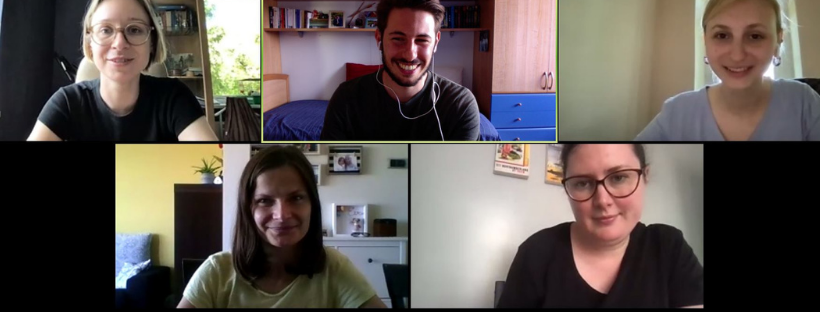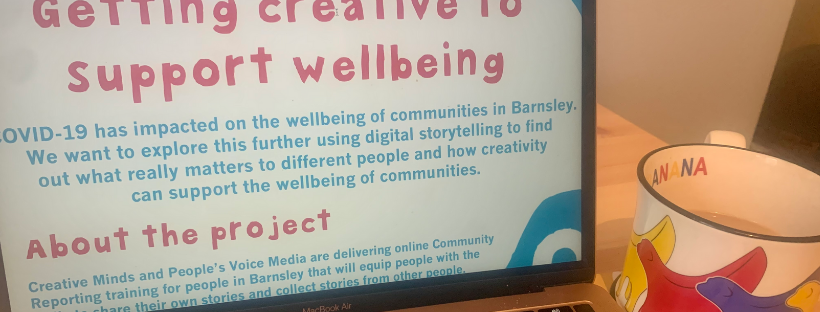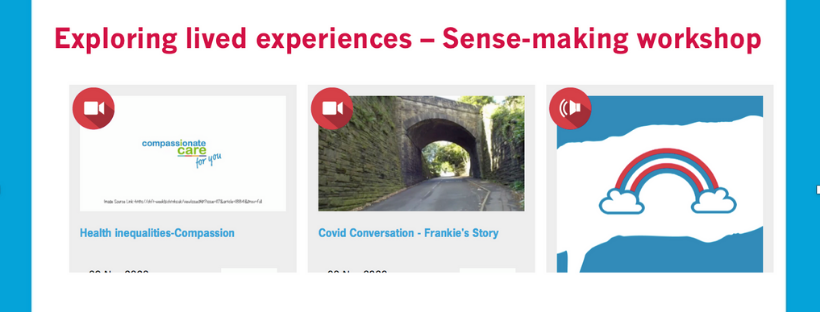NARRATIVES OF IMPACT “MILAN” MEETING

Unfortunately, due to ongoing travel restrictions our second transnational partnership meeting (TNP) for Narratives of Impact couldn’t happen in Milan as previously hoped, so instead we met online for one-and-a-half days of project updates, planning and, if course a good chat about food, wine and travel.
Hosted by COSV, PVM attended along with fellow partners INTRAS, CRN, and SNDE. It was great to catch up with everyone and the meeting felt productive. We’re all excited about this project, which will be releasing its first intellectual output very soon.
One of the highlights was a presentation by one of the project’s stakeholders, Julia Schieber of Friedrich Alexander University of Nuremberg, who talked to us about the Odisseu Project. The project aims to give young people a better understanding of the lives of refugees and has used lived experience storytelling to produce an interactive game where the player can follow one of three characters’ stories as they experience becoming a refugee. On the second day of the meeting we had a chance to play the game and it gave us all some interesting ideas around storytelling, its uses and its impacts.
We’re hoping that for our next TNP in November we can all be together in the same space but, in the meantime, keep an eye on our blog for the release of our first piece of work on this project.





